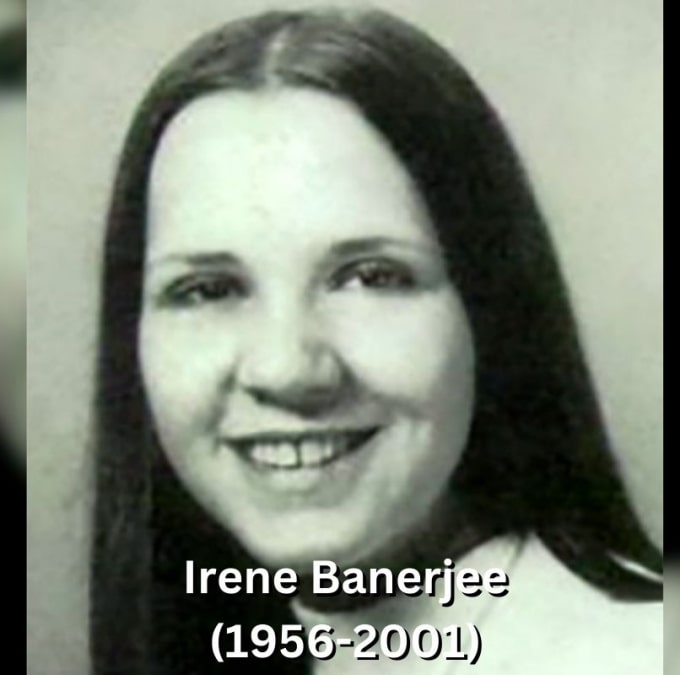Robert Lee Frost is a celebrated figure in the realm of American poetry. His vivid portrayals of rural New England life and his masterful use of American colloquial speech have earned him a place in the annals of American literature. This article delves into the life and legacy of Robert Frost, exploring his early years, career milestones, personal life, significant achievements, and financial insights.
Quick Facts
| Category | Details |
|---|---|
| Full Name | Robert Lee Frost |
| Known As | Robert Frost |
| Professions | Poet, Teacher |
| Date of Birth | March 26, 1874 |
| Place of Birth | San Francisco, California |
| Nationality | American |
| Parents | William Prescott Frost Jr., Isabelle Moodie |
| Spouse | Elinor White (m. 1895) |
| Children | Six |
Formative Years
Robert Frost's early experiences significantly influenced his later literary success. Born in San Francisco, California, on March 26, 1874, Frost faced a variety of challenges and influences that shaped his poetic voice.
Family Background and Upbringing
Frost was the son of William Prescott Frost Jr. and Isabelle Moodie. His father, a journalist and passionate Democrat, passed away when Frost was just 11 years old. This led the family to relocate from California to Lawrence, Massachusetts, where they lived with his grandfather. This move to the East Coast deeply impacted Frost's formative years and introduced him to the rural landscapes that would later become a focal point in his poetry.
Education and Influences
Frost graduated as valedictorian from Lawrence High School. He briefly attended Dartmouth College and later Harvard University, but did not complete a degree at either institution. Despite his short academic stint, Frost's time at these prestigious schools exposed him to a variety of literary influences, including the works of William Wordsworth and W. B. Yeats, which had a profound impact on his writing style.
Professional Journey
Frost's career was marked by significant milestones and contributions to American literature. His journey from obscurity to literary fame is a testament to his resilience and talent.
Early Success
Frost's first professionally published poem, "My Butterfly: An Elegy," appeared in the New York Independent in 1894. This initial success encouraged him to pursue a career in poetry. His work began to gain widespread recognition after he moved to England in 1912, where his first two collections, "A Boy's Will" (1913) and "North of Boston" (1914), were published and critically acclaimed.
Rising Reputation
Upon his return to America in 1915, Frost's reputation continued to rise. His works, filled with vivid imagery and exploration of complex themes, resonated with American readers. He published several more collections, including "Mountain Interval" (1916) and "New Hampshire" (1923), the latter of which won him his first Pulitzer Prize for Poetry.
Teaching and Mentorship
Beyond his writing, Frost was a dedicated teacher and mentor, holding positions at institutions such as Amherst College and the Bread Loaf School of English at Middlebury College. His influence on aspiring poets and writers was significant, helping to shape the next generation of American literature.
Personal Life
Robert Frost's personal life was filled with both triumphs and tragedies, which inevitably influenced his poetry. His relationships, family life, and personal struggles offer a deeper understanding of the man behind the verses.
Family Life
In 1895, Frost married Elinor White, his high school sweetheart. The couple had six children, but their family life was marred by numerous tragedies, including the loss of two children in infancy and another due to cholera. These personal losses deeply affected Frost and are reflected in the somber tones of some of his poems.
Mental Health Struggles
Mental illness was a recurring theme in Frost's life and family. His wife, Elinor, suffered from depression, and several of their children struggled with mental health issues. Despite these challenges, Frost remained a committed and prolific writer, using his poetry as an outlet for his emotions and experiences.
Later Years and Legacy
In his later years, Frost continued to write and receive accolades for his work. He was awarded the Congressional Gold Medal in 1960 and named Poet Laureate of Vermont in 1961. He spent his final years in South Miami, Florida, and later Shaftsbury, Vermont, where he continued to write until his death on January 29, 1963.
Major Achievements
Robert Frost's literary accomplishments are numerous and have solidified his place among the greats of American poetry. His works continue to be celebrated for their artistic merit and profound insights.
Pulitzer Prizes
Frost is one of the few poets to have won the Pulitzer Prize for Poetry four times. His award-winning collections include "New Hampshire" (1923), "Collected Poems" (1930), "A Further Range" (1936), and "A Witness Tree" (1942). These accolades attest to his enduring impact on American poetry.
Influence on Literature
Frost's influence extends beyond his own works. His use of traditional forms and colloquial language paved the way for future poets to explore complex themes in accessible ways. His mentorship of younger poets and his teaching roles further solidified his legacy as an influential figure in American literature.
Recognition and Honors
In addition to his Pulitzer Prizes, Frost received numerous other honors, including the Bollingen Prize in 1963 and the Congressional Gold Medal in 1960. He was also nominated for the Nobel Prize in Literature several times. His recitation of his poem "The Gift Outright" at John F. Kennedy's inauguration in 1961 remains one of the most memorable moments of his career.
Financial Insights
While Robert Frost is primarily celebrated for his literary contributions, his financial success is also noteworthy. This section provides an analysis of his net worth and financial achievements.
Early Financial Struggles
Like many artists, Frost faced financial challenges early in his career. His move to England in 1912 was partly motivated by the hope of finding a more supportive literary community. His initial success in England helped alleviate some financial pressures, allowing him to focus more on his writing.
Earnings from Publications and Teaching
Frost's financial situation improved significantly as his reputation grew. His book sales, combined with earnings from teaching positions at institutions like Amherst College and the Bread Loaf School of English, provided a stable income. The royalties from his numerous published collections also contributed to his financial stability.
Net Worth and Financial Legacy
While exact figures for Frost's net worth are not readily available, it is clear that he achieved a level of financial success uncommon for poets of his time. His ability to earn a living through his writing and teaching is a testament to his talent and the high regard in which his work was held.
In Conclusion
Robert Frost remains an iconic figure in American literature, known for his evocative portrayals of rural life and profound exploration of human nature. His poetry continues to resonate with readers, offering insights into the complexities of life and the human condition. Frost's legacy is preserved not only in his extensive body of work but also in the countless poets and writers he inspired throughout his life.
Frequently Asked Questions
What are some of Robert Frost's most famous poems?
Some of Frost's most famous poems include "The Road Not Taken," "Stopping by Woods on a Snowy Evening," "Mending Wall," and "Birches."
How many Pulitzer Prizes did Robert Frost win?
Robert Frost won the Pulitzer Prize for Poetry four times.
Where did Robert Frost teach?
Frost taught at several institutions, including Amherst College and the Bread Loaf School of English at Middlebury College.
What was Robert Frost's relationship with John F. Kennedy?
Robert Frost recited his poem "The Gift Outright" at John F. Kennedy's inauguration in 1961, marking a significant moment in his career.
How did personal tragedies affect Robert Frost's poetry?
Personal tragedies, including the loss of several family members and struggles with mental illness, deeply influenced Frost's poetry, often adding a somber and reflective tone to his work.
To conclude, Robert Frost's life and work continue to captivate and inspire audiences worldwide. His ability to capture the essence of rural New England life and delve into the complexities of the human experience ensures his legacy will endure for generations to come.













